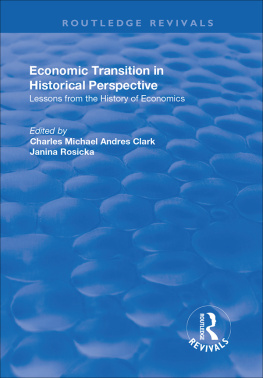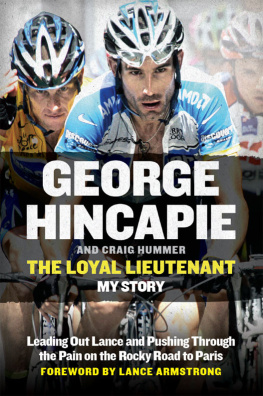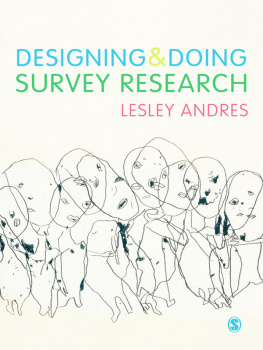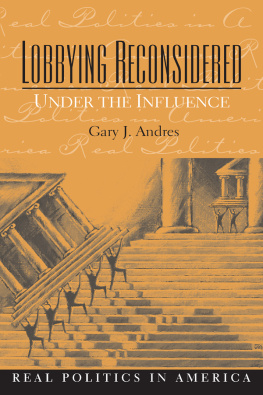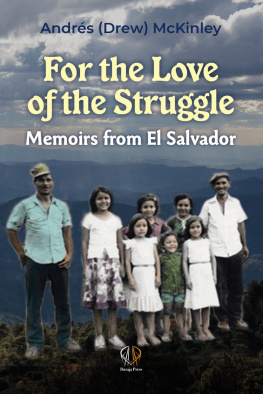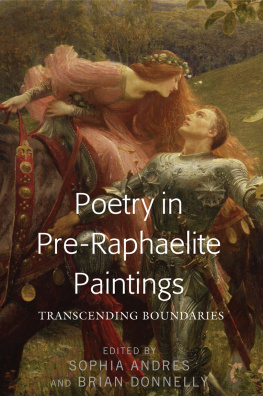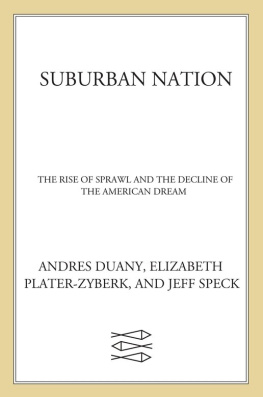Despite All Adversities
SUNY series, Genders in the Global South
Debra A. Castillo and Shelley Feldman, editors
Despite All Adversities
Spanish-American Queer Cinema
Edited by
Andrs Lema-Hincapi
and
Debra A. Castillo
Cover image (movie still) courtesy of Argentine filmmaker Marcelo Pieyro, from Plata quemada (2000).
Published by State University of New York Press, Albany
2015 State University of New York
All rights reserved
Printed in the United States of America
No part of this book may be used or reproduced in any manner whatsoever without written permission. No part of this book may be stored in a retrieval system or transmitted in any form or by any means including electronic, electrostatic, magnetic tape, mechanical, photocopying, recording, or otherwise without the prior permission in writing of the publisher.
For information, contact State University of New York Press, Albany, NY
www.sunypress.edu
Production, Diane Ganeles
Marketing, Anne M. Valentine
Library of Congress Cataloging-in-Publication Data
Despite all adversities : Spanish-American queer cinema / edited by
Andrs Lema-Hincapi and Debra A. Castillo.
pages cm. (SUNY series, genders in the global South)
Includes bibliographical references and index.
ISBN 978-1-4384-5911-0 (hardcover : alk. paper)
ISBN 978-1-4384-5912-7 (e-book)
1. Hispanic Americans in the motion picture industry. 2. Homosexuality in motion pictures. 3. Gays in motion pictures. I. Lema-Hincapi, Andrs, editor. II. Castillo, Debra A., editor.
PN1995.9.H47D47 2016
791.43'652968073dc23 2015005100
10 9 8 7 6 5 4 3 2 1
To those who, at certain moments of my life, gave me various reasons to feel reality from different angles: James Mariucci, Andrs Felipe Calero (), Andreas Dollinger, Rodolfo Puente, Ross Halvorsen, Facundo Echavarra, Mariano Zaleski, Lisandro Moiss Enrique, Walter Karam, Pablo Hernn Aguirre, Nicols Matas Tabares, Diego Martn Grillo, and Ariel Li Gotti.
Andrs Lema-Hincapi
Contents
Andrs Lema-Hincapi and Debra A. Castillo
P ART I
Q UEER S UBJECTIVITY , D ESIRE , AND E ROTICISM
David William Foster
Cristina Venegas
Andrs Lema-Hincapi
Robert Deam Tobin
P ART II
G AY A UTHORSHIP Q UEER A GENCY AND S PECTATORSHIP
Esteve Riambau
Cecelia Burke Lawless
scar Osorio
Paul Julian Smith
Debra A. Castillo
P ART III
B ISEXUALITY E XPERIENCES AND L ESBIAN I DENTITIES
Daniel Balderston
Alfredo J. Sosa-Velasco
Mara de la Cruz Castro Ricalde
P ART IV
Q UEER R ELATIONS WITH F AMILIES , G OVERNMENT , AND N ATION
Claudia Schaefer
David Oubia
Chris Perriam
Dieter Ingenschay
Acknowledgments
If the patience of Job is mythic, so is that of each one of the colleagues who participated in the production of this book.
Andrs Lema-Hincapi conceived the idea of this book in 2007, while teaching an advanced course on Spanish-American queer cinema at Whitman College. Each collaborator approached on this project responded with enthusiasm, some more rapidly than others, and despite the delay in seeing the book into print, none of them showed the slightest amount of concernconfirming to us the value and importance of this task.
Publishing an academic book always relies on an indefinite number of variables, as any book editor will recognize. The unwavering confidence of the collaborators as well as that of Beth Bouloukos at the State University of New York Press, along with the hope in satisfying expectations of the readers who will consult this book, have given its editors the patience to see it into print despite roadblocks and unexpected challenges along the way.
All but one of the chapters in this book are original, previously unpublished works in English. We acknowledge New York University Press for granting rights to reproduce Daniel Balderstons essay. We are also grateful to Marcelo Pieyro, the Argentine director of Plata quemada , for providing us with the still from his film and the permission to use it as a cover image.
Un clido gracias now in Spanishpara cinco excelentes traductores, exalumnos y amigos: Michael Clarkson, John Byron Lema, Bcquer Medak-Segun, Alec Sugar, and Marsea Wynne. Y, claro, para otros dos amigos incondicionales que nos ayudaron en las largas etapas de edicin: Michael J. Carr y John Didier Anaya.
Introduction
A NDRES L EMA -H INCAPI AND D EBRA A. C ASTILLO
Meeting the Macho
Inevitably, when we talk about LGBTQ issues in a comparative Americas context, references to histories of colonization ground the discussion: Latin America was colonized in the first wave of European expansionism, by Iberian powers from Portugal and the newly united principalities we now call Spain. In this respect as well, scholars are quick to point out that the histories and expressions of gender and sexual difference in Latin America do not align neatly with the histories of gender and sexuality from English-speaking parts of North America. Thus, while the rich panoply of cultures, languages, and traditions of the people inhabiting the many countries south of the Rio Grande argue for a diverse and incommensurable reality that makes comparison unwieldy, the common heritage of Spanish and Portuguese brings them together. One of the common touchstones for defining this difference is the concept of the macho, used to talk about a specific, objectionable form of heteronormative masculinity.
This is a word that seemingly needs no definition. It is, in fact, a sign of our times that that macho and machismo have slipped into an international usage and daily expression in wildly divergent contexts around the globe. For instance, macho has in recent years become a common reference in Bollywood movies to define an attractive heteromasculinity. In the United States machismo has entered English as a stereotype or slur for an overbearing sense of entitlement, often used in what isto ears accustomed to Spanisha gratingly ungrammatical form. Yet, parallel to the overbearing macho, there is another, equally pervasive stereotype (this is the one Bollywood seems to have discovered): the instantly recognizable filmic image of the Latin lover, who is terrifyingly attractive, powerfully heterosexual, just a touch effeminate, and all the more sexually irresistible because of it. Italian-American actor Rudolph Valentino of silent movie fame was the archetype of this image, consolidated in his 1921 silent film The Sheik , but also refined in Spanish-tinged roles like his Argentine gaucho in the 1921 Hollywood version of Vicente Blasco Ibezs The Four Horseman of the Apocalypse , and his bullfighter in Blood and Sand (1922). In each of these cases, curiously, the idea of the macho trails a persistent sense of foreignness, of something imported, for good or ill, from other climates to describe a local reality that remains slightly out of alignment with local mainstream sexuality and gender histories. In a word, macho is already slightly queer.
It is not surprising that non-Latin traditions flatten out the term. Nonetheless, even considering Latin Americas own variants on the stereotype for a certain style of heterosexual masculinity, something about the hombre macho, pero muy macho slips through the cracks. One needs to go no further than the classic 1946 Pedro Infante film, Vuelven los Garca , in which the macho is so strong, so powerful, that when he loses the woman most important to him in his lifehis grandmother, naturally, played by the inimitable Sara Garcahe can bring a mariachi band to her tomb and weep inconsolably in a way that only enhances his masculinity. This portrayal of the macho strong enough to weep, like the macho strong enough to admit he is wrong, is a tradition in Golden Age Mexican cinema of the period. Contrasting with this image, the other familiar Latin American variation on the macho is, of course, the bully, familiar to us from so many evil drug kingpin roles. Here too, there is a touch of the feminine. This is a man who is so completely assured in his masculinity, so unbreachably chingn , that he can have sex with other men without impugning his heterosexuality. In fact, he is even more macho because of it.




